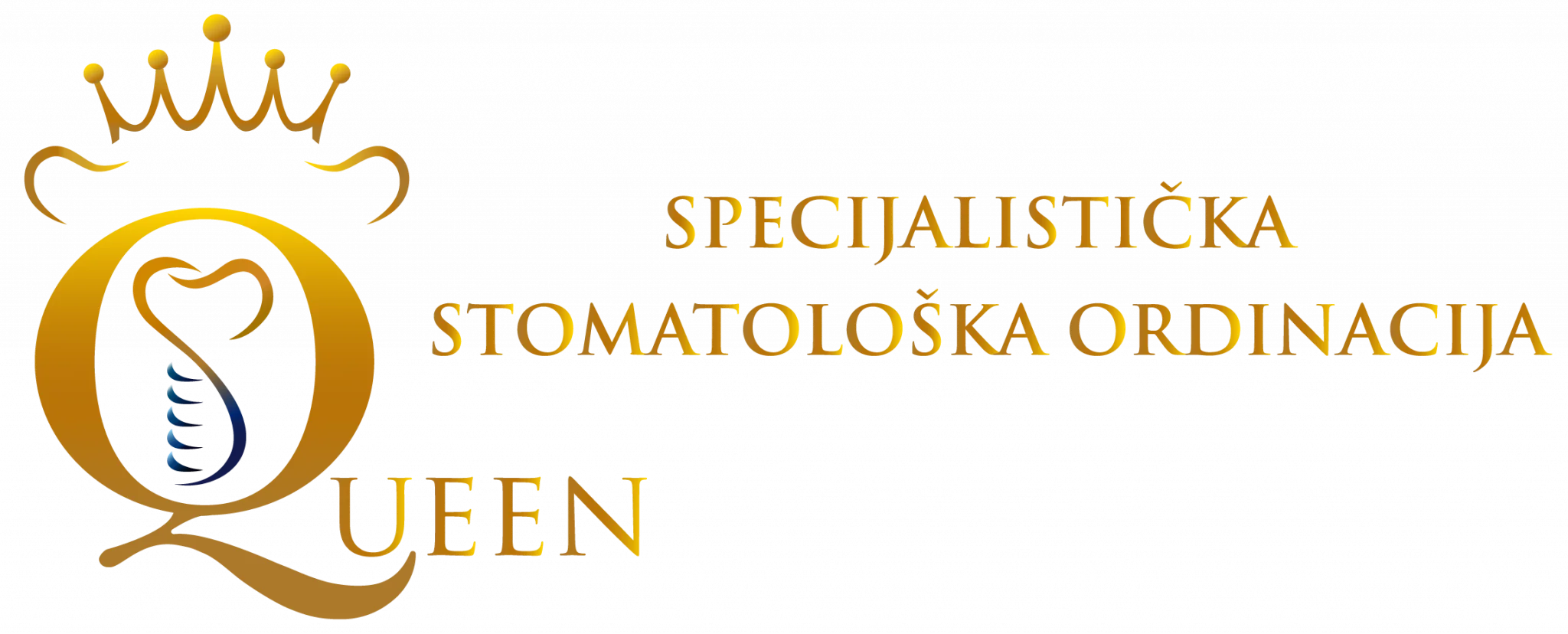Lingual Braces
A lingual braces is actually a fixed device in which the braces are glued to the inside of the tooth. It is really the only completely invisible fixed way of orthodontic treatment, which is why it is often called “invisible prosthesis”. All the parts are behind the teeth and this is sometimes the deciding factor why this technology is used in the treatment of adult patients.
The lingual fixed device is just as effective as the traditional, vestibular one, and an additional advantage is that it allows you to follow the beautification of your smile in the mirror every day.
Wearing a lingual fixed appliance does not last longer than traditional treatment, and even with some types of deformities, the action on the inner side of the tooth leads to faster results. The lingual fixed appliance causes mild speech disorders and mild tongue discomfort that are lost in most patients after the first week of treatment.
The lingual fixed appliance has no age limit for use. The “invisible prosthesis” can be worn by both teenagers and adults.
How is a lingual prosthesis maintained?
Lingual braces really require extra care when brushing your teeth, mostly because the stuck food is inside and not visible at first glance. Specially designed brushes and interdental brushes provide great help.
Of course, regular check-ups during orthodontic care are necessary for your therapy to bring maximum results.
How is a lingual prosthesis made?
The lingual fixed device uses different locks compared to the standard one and is placed differently on the teeth. In order for the lock to be glued in the correct position, it needs to be transferred indirectly, through the holder, to the tooth. Once installed, the locks are connected with appropriate arches.
Who does the lingual fixed device work with?
It can be done in almost all situations when the standard one. It cannot be done with a very deep bite because there will not be enough space to accommodate the locks.
In people who need to move their teeth towards the palate and tongue, a lingual braces will certainly give faster and more efficient results. Conversely, an orthodontist will find it easier to move your teeth out with a standard appliance.
Lingual prosthesis – price
Since it requires a special type of locks, a more complicated setup and additional training of an orthodontist, a lingual fixed appliance is always more expensive than a standard one.
The price of a lingual prosthesis is 1500 eur for one jaw. The price includes checkups and there is a possibility of deferred payment.
